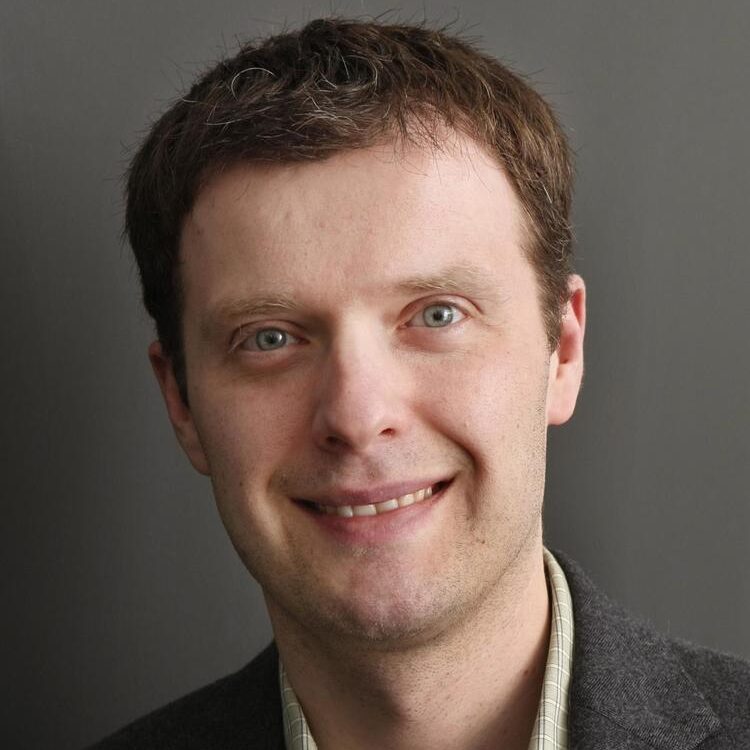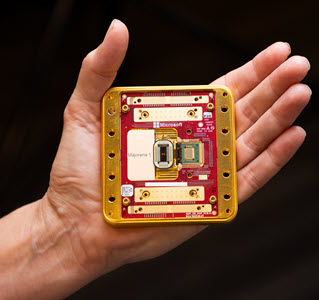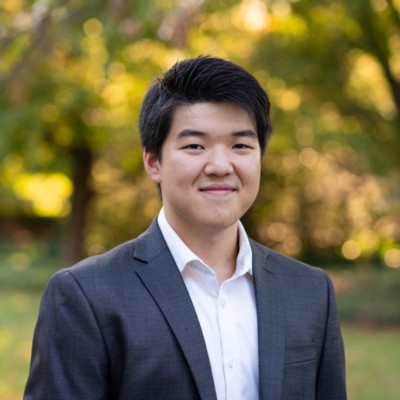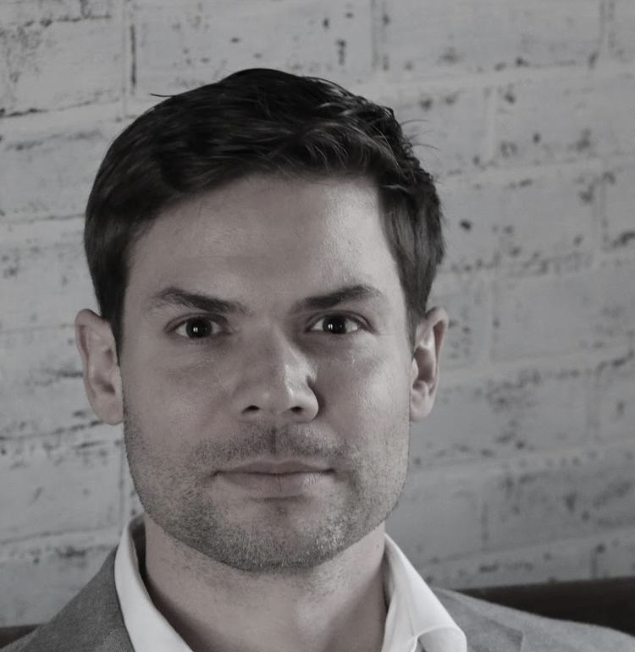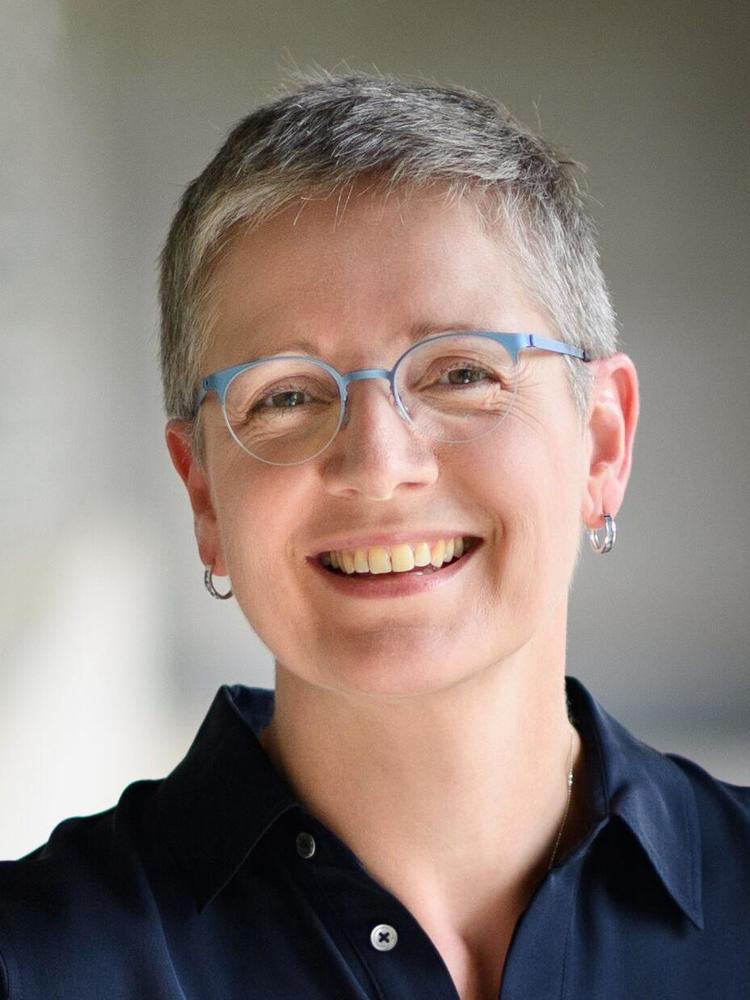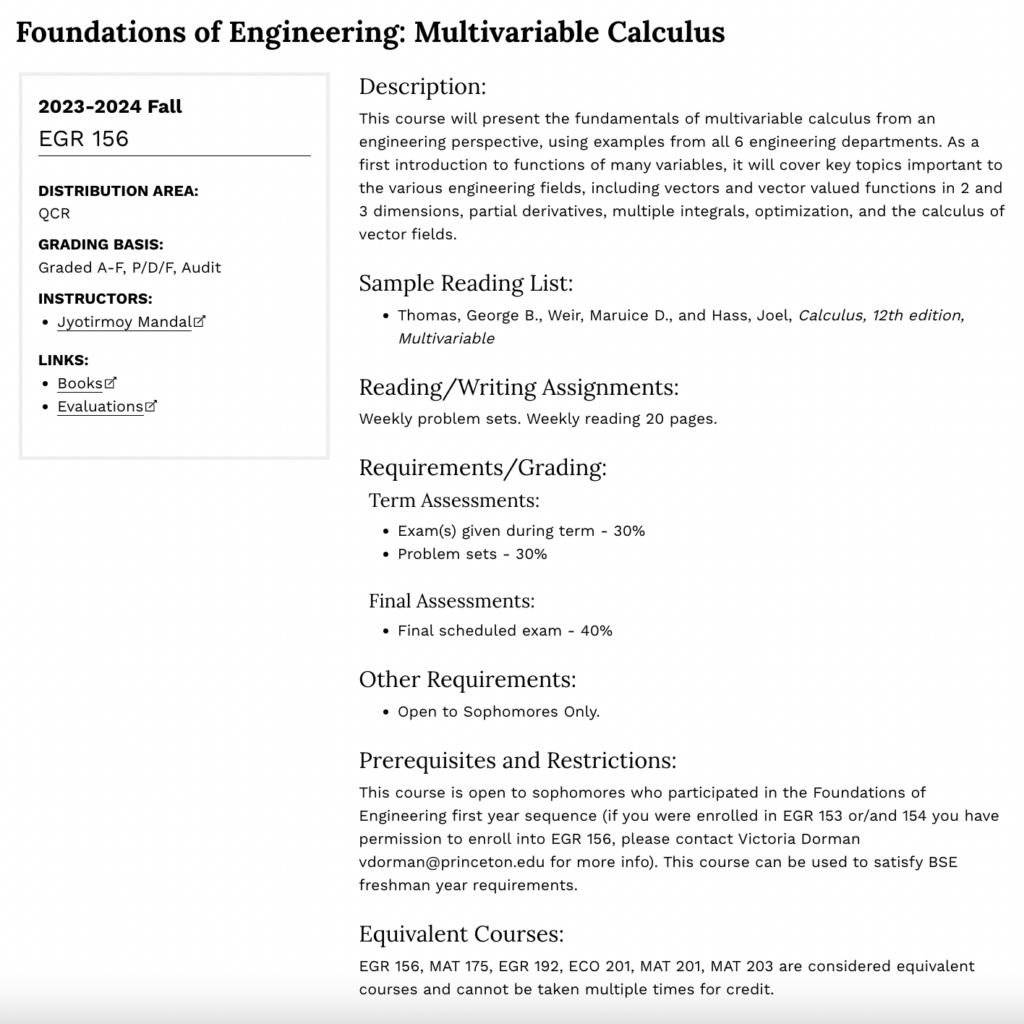On April 14, 2025, Blue Origin launched its 11th human spaceflight, NS-31, marking the first all-women commercial spaceflight crew. Aboard the New Shepard capsule were Aisha Bowe, Amanda Nguyen, Gayle King, Katy Perry, Kerianne Flynn, and Lauren Sanchez. While the flight made headlines as a symbolic milestone, it also marked a change in how we think about access to space and accountability in a warming world.
In 2021, I worked alongside the U.S. Space Force at the Air Force Research Laboratory during the year Virgin Galactic launched its first fully crewed spaceflight. A few days after the flight, I visited Spaceport America to see the launch site in person, an early glimpse into the operational reality of commercial space. When Blue Origin’s NS-31 mission made headlines this year, I was genuinely excited. It brought back the sense of possibility I felt standing at Spaceport America years earlier. Commercial spaceflight had taken another step forward, and I wanted to understand what that meant. What does this flight reveal about the technical maturity of suborbital travel? And how might it shape the future of spaceflight design, regulation, and environmental impact? In this article of Now & Next, I take a closer look at what NS-31 tells us about the state of commercial space, and where it’s headed.
Continue reading Now & Next: The All-Women Spaceflight and the Expanding Horizon of Commercial Space


